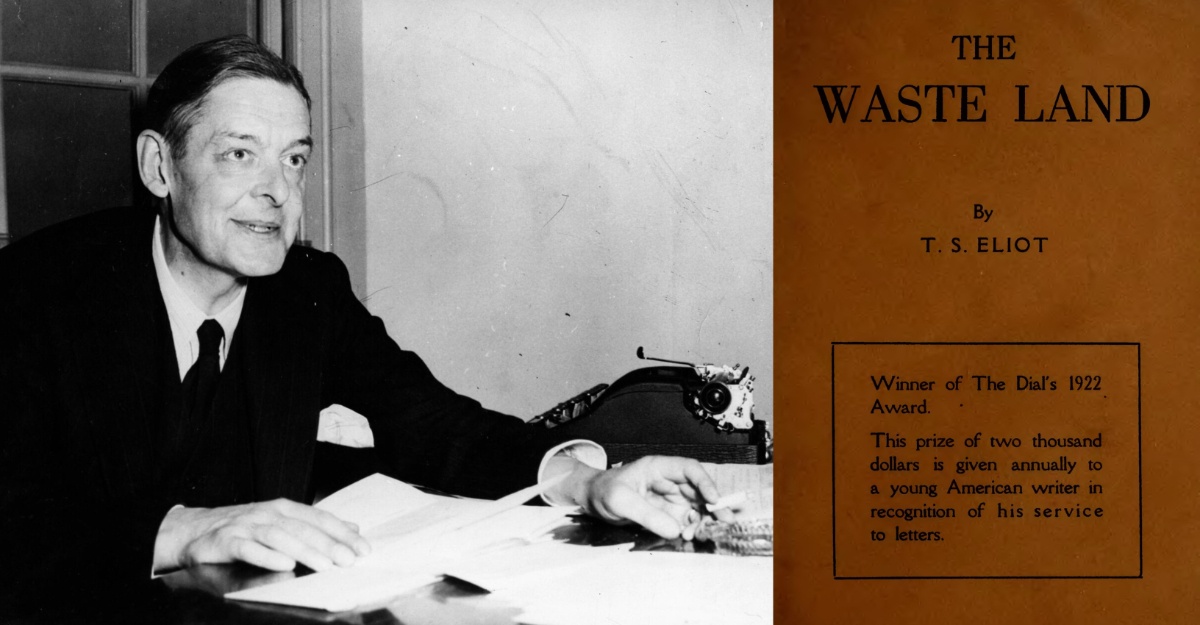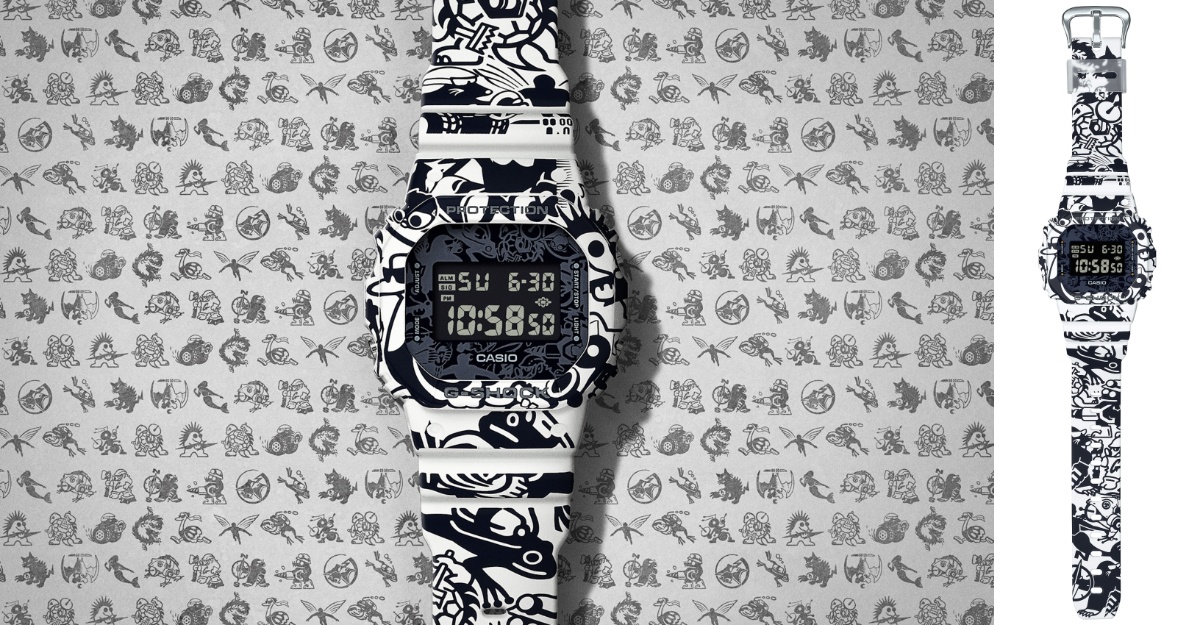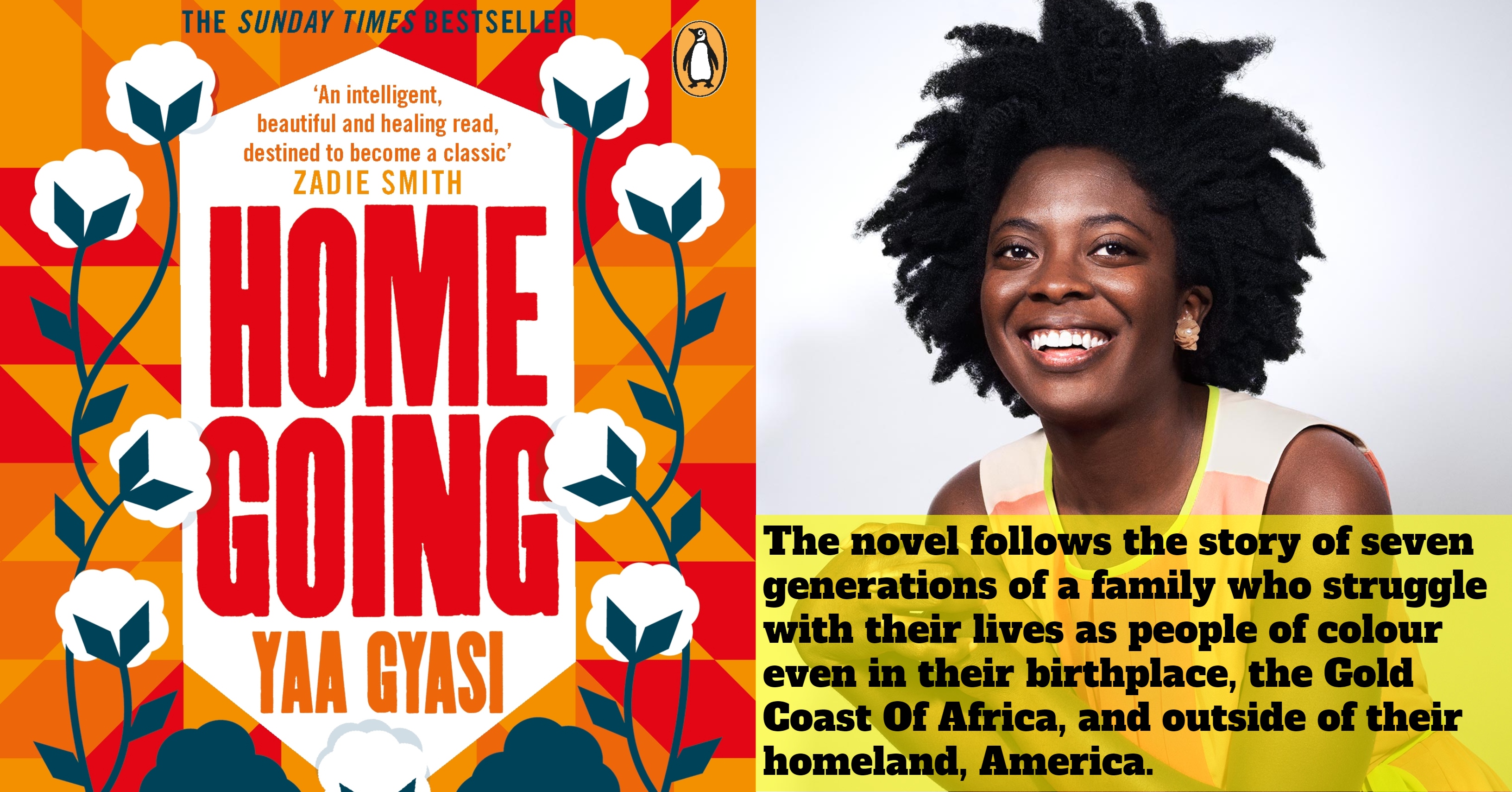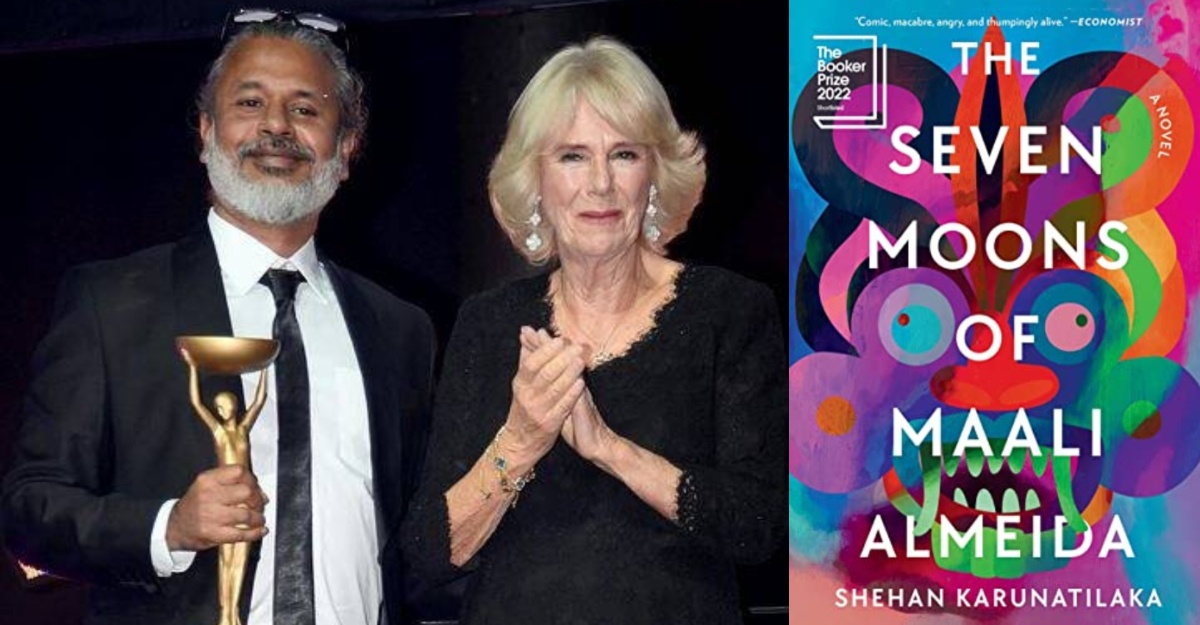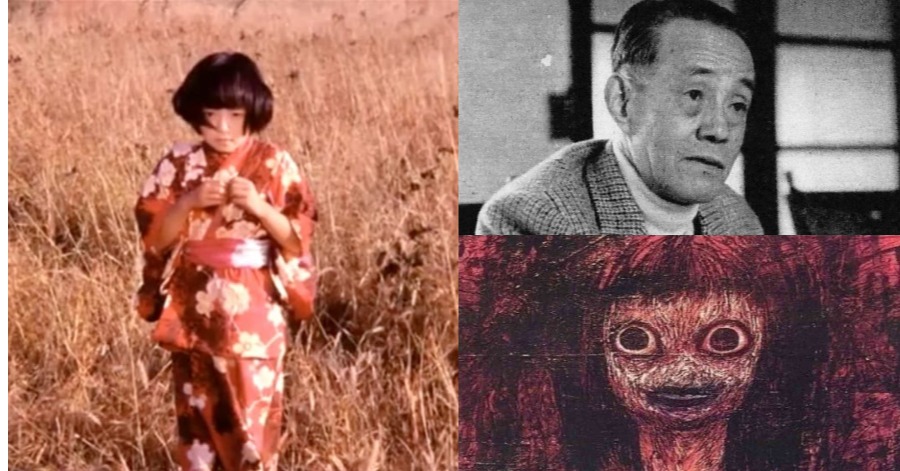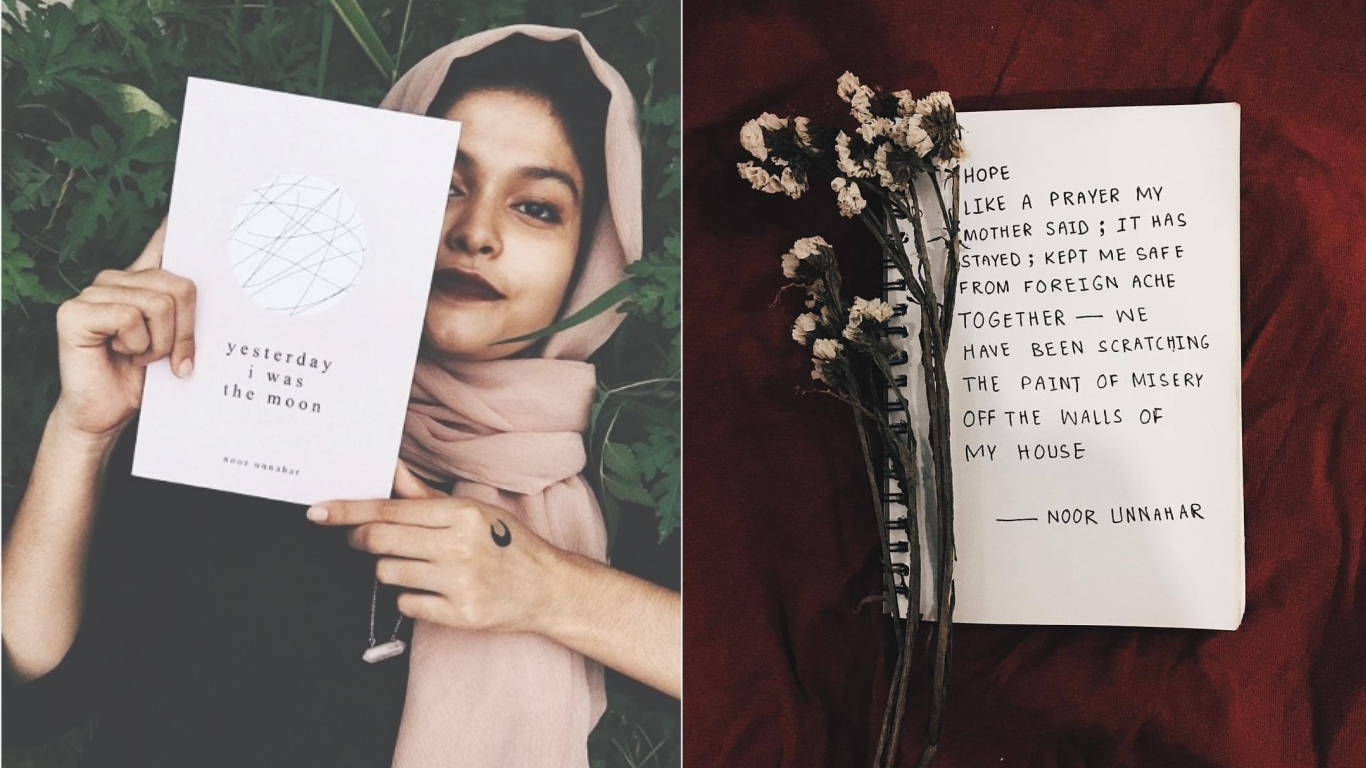Loneliness and hopelessness have been the subject matter of many modern literary works. After the end of World War I, people have grown distant from each other, thus promoting isolation and individualism. The aftermath of the war created a horrifying memory for the survivors— this made them lose hope in humanity.
Yet, the feeling of loneliness can be cathartic. After a day of being so included in society, it’s nice to unwind by taking some of your ‘me’ time. Especially today, as everything revolves around how many likes your post gets, what’s the latest Tiktok trend and which celebrity marries which celebrity, you can’t help but feel suffocated from the fear of missing out (FOMO).
T.S. Eliot: One of the most prominent modern writers
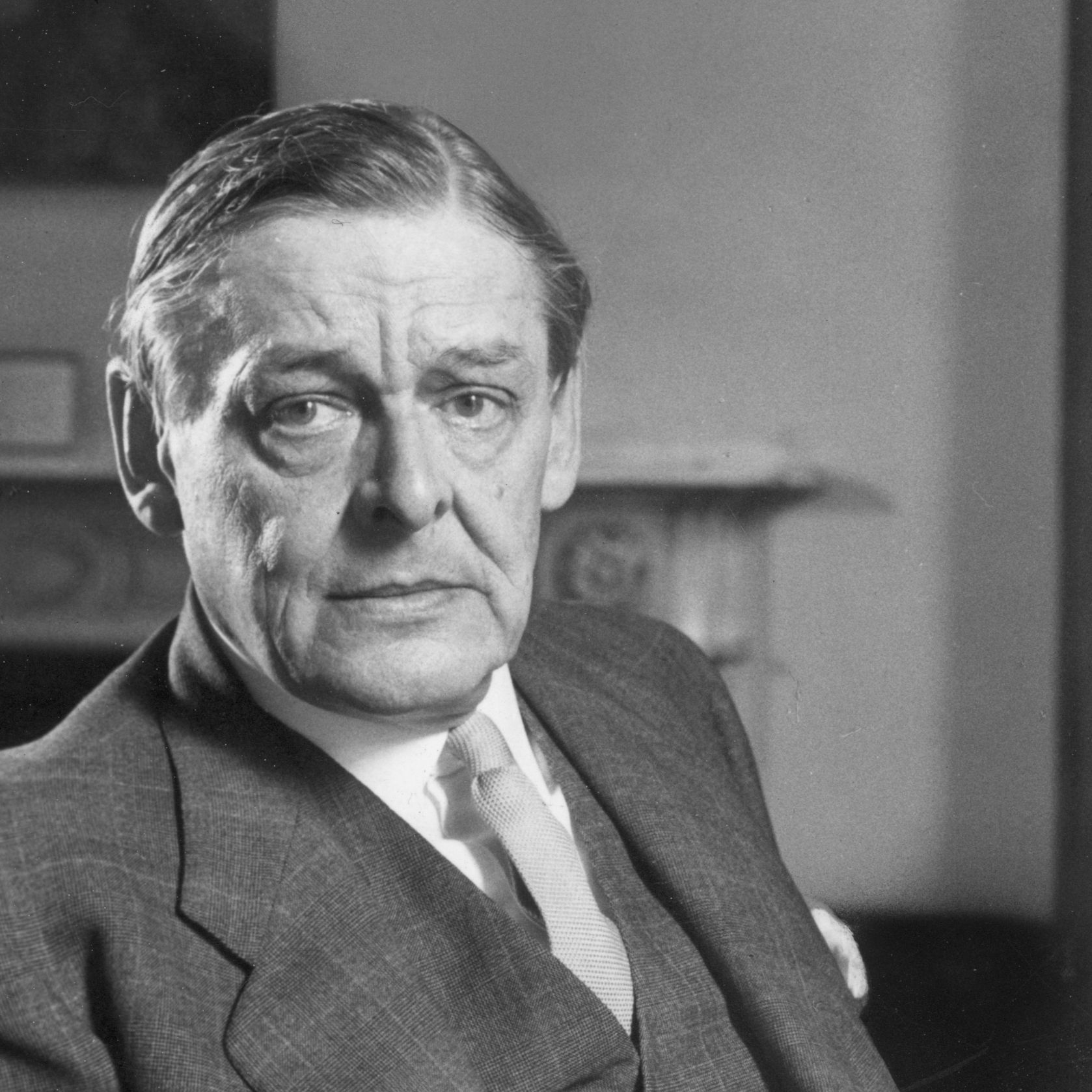
Thomas Sterns Eliot OM or T.S. Eliot was a renowned poet, essayist, publisher, playwright, literary critic and editor. He’s the IT figure in English-language modernist poetry.
Some of his known works include “The Love Song of J. Alfred Prufrock” (1915), The Wasteland (1922), Murder in the Cathedral (1935) and Four Quartets (1943).
He was the winner of the Nobel Prize in Literature (1948) and Order of Merit (1948), two of the most prestigious award in literature.
About The Wasteland (1922)
T.S. Eliot’s The Wasteland (1922) is one of the most important poems of the 20th century. Why? Eliot personifies loneliness and hopelessness. This realistic, dark and engrossing poem touches on the feeling of losing the sense of reality, terror, and alienation of modern life.
Even though World War I and II ended long ago, this poem can be interpreted as how demanding today’s world is. There are many challenges we face— mental struggles are the most prominent. And this poem heartbreakingly reflects that difficulty.
Losing the sense of reality
Busy life calls for more time— working overtime to get extra money to live another day. Everyone in modern times can relate to this, as money is crucial. There’s a famous quote; money can’t buy happiness. Indeed, it can’t. But with money, you could survive from day to day. Isn’t that more important?
It’s a cruel reality everyone has to accept. And the reality is, you’re so busy trying to make ends meet that it’s impossible to see the beauty in everything. As written in the poem:
“…I could not
Speak, and my eyes failed, I was neither
Living nor dead, and I knew nothing,
Looking into the heart of light, the silence” (Eliot 38-41).
Loneliness and Alienation
“I think we are in rats’ alley / Where the dead men lost their bones” (Eliot 115-6) personifies how alienated we feel in this corrupted world.
As mentioned before, the effects of World War were severe to many. Some are still traumatised today. Hence, the feeling of alienation and loneliness run deeper in their bones.
Like today, some are breathing for the sake of just… breathing. They’re not enjoying the wonders of the world. They believe life no longer carries purpose and makes them feel dead inside.
Hopelessness
Losing hope for humanity is peak devastation, in my opinion. When you’ve given up the courage to try and fight, it shows the cruel reality of life and people.
These days, technology develops rapidly, following the demands of users around the world. The concern is, does technology strip us from being humane?
There are many cases of mental health problems that lead to heartbreaking ends. It’s from the feeling of losing hope towards themselves and the world they’re residing in.
Sometimes, you can’t help but question your choices and decisions. “The chemist said it would be all right, but I’ve never been the same. / You are a proper fool, I said” (Eliot 161-2), and it makes you feel hopeless for choosing the wrong thing.
Don’t lose hope
As challenging as your everyday life is, take a few moments to breathe. It’s necessary to take things slowly once things get a bit overwhelming. Live life one step at a time. Even in this hopeless world, beauty remains in little things. Never lose hope.
You can read this masterpiece by T.S. Eliot here or watch this video for a more detailed explanation of this breathtaking poem.
Sources: Poetry Foundation, Youtube Course Hero

